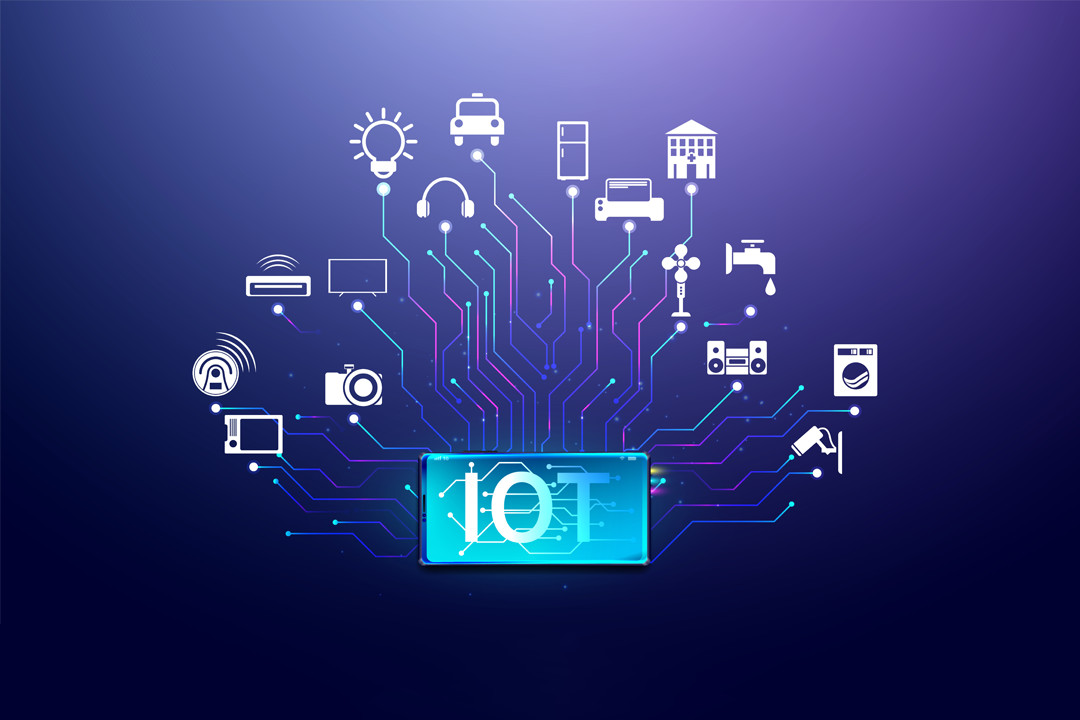
Gone are the time when the gaming experience was limited to consoles or computers. Gamers are currently at their disposal an entire interconnected device ecosystem, including from virtual reality headsets and movement sensor controls to smart tvs with voice assistants.
But, on the one hand, this combination of Internet devices (IoT) offers a deeper immersion in games, on the other, it brings with it a much less evident threat: extreme exposure of gamers’ personal data. This is why additional security measures have become increasingly important in gamers’ lives.
Why should gamers worry about the privacy of IoT?
The main reason for concern for privacy by using IoT devices is the amount of data collected by them to ensure a more personalized experience. Some examples include biometric data (such as heart rate of virtual reality sensors), location information, audio and video recordings, and history of activities and preferences in games.
Most of this information is used to improve functionality or customize ads and recommendations to players. However, if not properly controlled, nothing prevents them from being Employed for less honorable purposes – Whether by hackers who will intercept or even by device manufacturers.
What are the common risks of IoT for games?
Among the biggest privacy problems that can arise using IoT devices when playing online, stand out:
- Excessive data collection: Many devices collect much more data than necessary to play. For example, some smart tvs and consoles monitor what the user watches or plays (and how long) to create advertising profiles.
- Weak default settings: andIoT cheaps usually come with standard privacy settings that are purposely permissive. Unless the user changes them, they will be allowing unknowingly a broad data sharing.
- Linking accounts: When linking their game profiles to social networks, emails or payment bills, users can streamline login access, but also increase the risk of account kidnapping and exposure of personal data.
How to protect your game configuration?
Fortunately, it is not necessary to give up all these technological gadgets to keep safely during game sessions. Just some intelligent choices to improve users’ privacy protection.
1. Protect the internet connection
To shield the connection, the main solution is to use a private virtual network (VPN). That’s because, with the Best VPN For online games, gamers can encrypt the internet connection, hiding their IP address and thus avoiding tracking their activities on the network and even protecting themselves against targeted attacks such as DDOS.
2. Adjust the privacy settings
Users are recommended to analyze the setting menu of all connected devices, disabling all non -essential permissions such as voice data storage, application tracking, third party information sharing and custom ads.
3. Use strong and unique passwords
A very neglected step is the creation of passwords. For better security, it is essential that they are always different for each game account, IoT device panel and Wi-Fi network. For more convenience, a password manager can be used when it comes to more complex codes.
4. Keep the software up to date
It is a general recommendation for all experts that gamers keep firmware and software updates always up to date as they correct security failures that can be explored by virtual criminals.
5. Limit account linking
Although convenient, account linking can open to doors for unnecessary exposure of user data. Thus, it is best to limit this practice to the fullest, preferring to create individual accounts for each platform and game.
These security measures, although simple, can help users to take advantage of immersive gameplay without putting their personal information at risk.
Source: https://www.gamevicio.com/noticias/2025/07/privacidade-iot-gamers/


